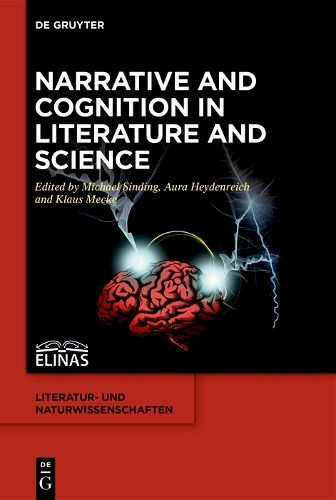Narrative and Cognition in Literature and Science

Narrative and Cognition in Literature and Science
This volume explores cognitive perspectives on how science and narrative shape one another.
Narrative is a principle of cognition, and cognition is fundamental to narrative. This duality enables a deeper mapping of the feedback between story and the natural sciences.
Science, as a culturally-organized and systematic mode of knowing the world, may seem opposed to narrative thinking. Yet they are deeply interwoven.
Scientists tell many kinds of stories, across genres and media. In thought experiments, lab experiments, written arguments, and histories and philosophies of fields, they recount and interpret unfoldings of events at often uncanny scales-from particle collisions to the evolution of life to cosmic expansion.
Science stories go beyond science. Early science is entwined with myth, religion and magic. We still mythologize beneficent or evil geniuses, the promises and perils of technology. Teachers, journalists, politicians and lawyers all tell science stories for their own purposes. Literary artists use scientific ideas and forms, reimagining physical forces, causality and time in storyworlds, themes and figures.
This is the first cognition-focused multi-disciplinary analysis of these narrative-science relations.
Order online and we’ll ship when available
Our stock data is updated periodically, and availability may change throughout the day for in-demand items. Please call the relevant shop for the most current stock information. Prices are subject to change without notice.
Sign in or become a Readings Member to add this title to a wishlist.


